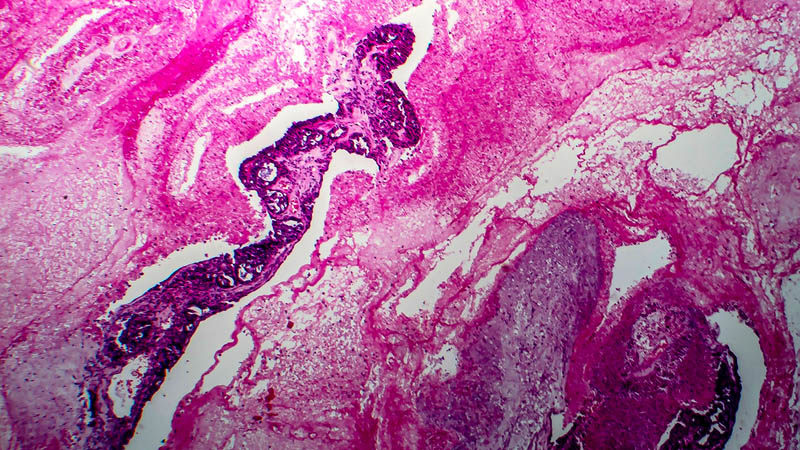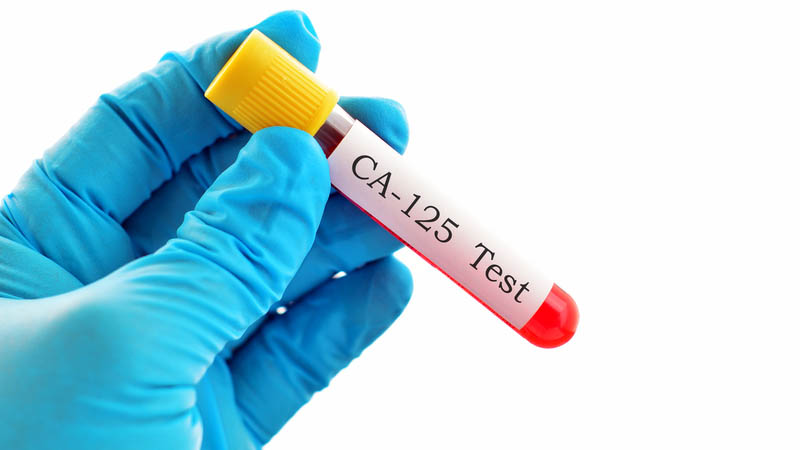An assessment of the urinary function and the comfort of life in patients after endometrial cancer combined treatment
Marcin Opławski1, Radosław Kosobudzki2, Michał Kwiatkowski1, Zbigniew Kojs2
 Affiliacja i adres do korespondencji
Affiliacja i adres do korespondencjiEndometrial cancer is currently the most common form of female reproductive tract tumors. The efficacy of treatment, which involves surgery, radiotherapy and systemic therapy, is increasing and the assessment of the quality of life of patients is subject to careful analysis. Difficulty in urination represents a major factor reducing the quality of life of patients. The aim of the study was to collect data on the urinary functioning and the quality of life in endometrial cancer patients considered cured after a combined treatment compared to patients after non-oncological hysterectomy. A total of 46 females divided into two groups were included in the study. Group I (study group) included 23 endometrial cancer patients (stage IA, G1–G2) after combined treatment, who received surgical treatment and adjuvant brachytherapy; group II (control group) included 23 patients after non-oncological hysterectomy and uterine appendage removal. The patients were assessed once, between month 6 and 12 after treatment termination. Medical history, gynecologic examination, urodynamic testing and life quality assessment were performed in all patients. Statistical analysis showed a significant difference between the two groups in terms of urogynecologic outcomes (p = 0.0193). The proportion of women without any disturbances was definitely higher in the control group (only 22%) vs. study group. Stress urinary incontinence, mixed incontinence and overactive bladder were more common in the study group compared to controls. Furthermore, a significant difference in the quality of life was shown between the compared groups of patients (p = 0.0270). Reduced quality of life was significantly more common in the study group (57% vs. 26% of controls). Improvement of life quality was less common in the study group (13%) compared to controls (28%). Brachytherapy increases the severity of genitourinary disorders, which adversely affects the quality of life in patients after cancer therapy.









